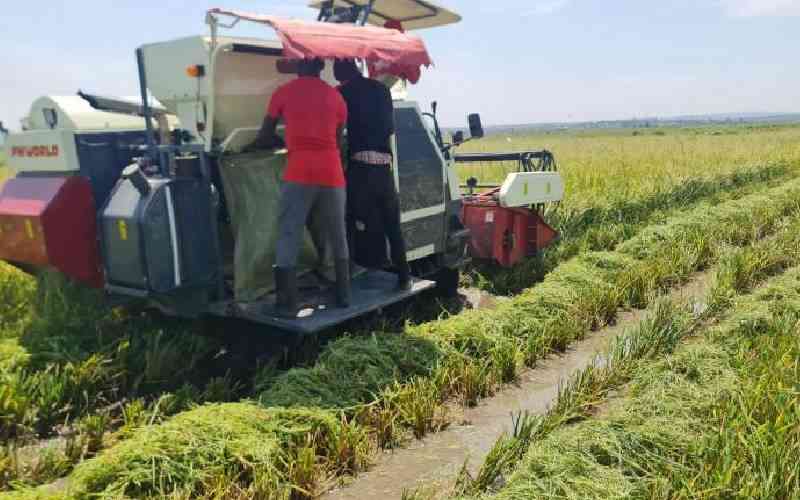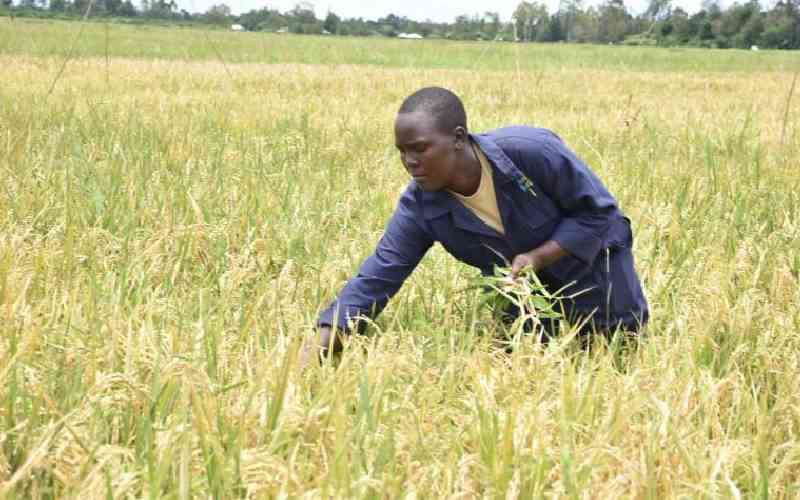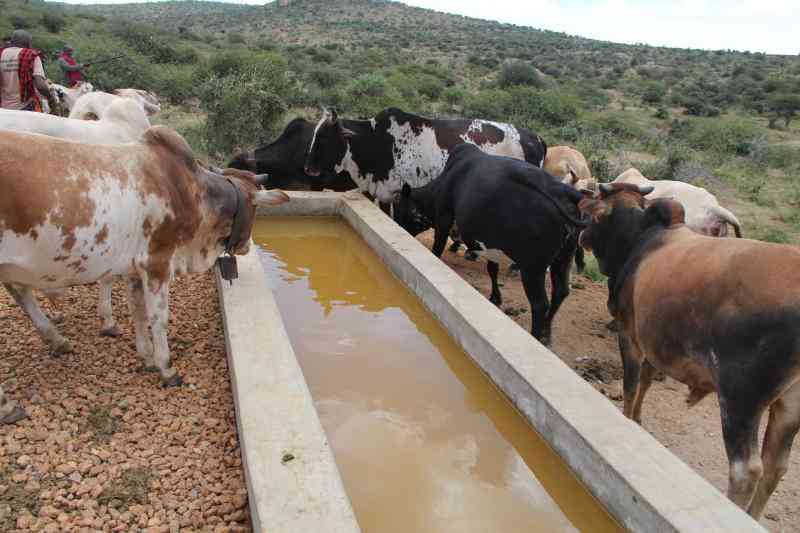Kenya is among African countries ranked as having performed poorly in the provision of extension services to small-scale farmers.
According to the Alliance for a Green Revolution in Africa (Agra), the ratio of extension services to farmers currently stands at one extension officer for over 1,000 farmers in most of sub-Saharan Africa countries, Kenya included.
This low delivery of services has been blamed for the country’s high levels of food insecurity, poverty and insecurity.
Relying on outdated information has contributed to farmers’ production of low-quality produce that later fetches low prices in local and international markets, Agra added.
The alliance’s president, Agnes Kalibata, speaking at a sector stakeholders’ meeting in Nairobi last week, accused African governments and development partners of being reluctant to invest in the agriculture sector, saying this has led to weak and dysfunctional public extension systems, particularly in the last three decades.
Capacity building
At the meeting, which brought experts together to share ideas on revitalising agricultural extension and advisory services in Africa, stakeholders also accused the continent’s governments of giving agriculture low budgetary allocations.
Agricultural Principal Secretary Sicily Kariuki, however, said that although over 90 per cent of agricultural functions in Government are now devolved, the national and county governments are working together to ensure provision of extension services is enhanced.
“We are developing guidelines to monitor the delivery of these services. Even though our main mandate in the sector today is policy formulation, we will continue with capacity building. The process is almost complete,” she said.
The Government cut back on the employment of extension officers after donors reduced the financial assistance they direct towards agriculture in the 1980s, following the introduction of Structural Adjustment Programmes (SAPs).
Thus, extension officers have been unable to adequately advise the country’s farmers on crop production and animal husbandry. This is said to have contributed to high poverty levels in rural areas and low food production, as governments scaled down their presence in agriculture.
Making progress
Agra, however, said the situation is improving as governments increase budgetary allocations in line with the 2003 Maputo Declaration on Agriculture and Food Security.
“A good number of countries have attained the threshold of 10 per cent of national budgets going towards agriculture development, while others have registered remarkable progress. We expect the increasing attention agriculture is getting to contribute to high productivity in the coming years,” said Bashir Jama, a director at Agra.
Stay informed. Subscribe to our newsletter
 The Standard Group Plc is a
multi-media organization with investments in media platforms spanning newspaper
print operations, television, radio broadcasting, digital and online services. The
Standard Group is recognized as a leading multi-media house in Kenya with a key
influence in matters of national and international interest.
The Standard Group Plc is a
multi-media organization with investments in media platforms spanning newspaper
print operations, television, radio broadcasting, digital and online services. The
Standard Group is recognized as a leading multi-media house in Kenya with a key
influence in matters of national and international interest.
 The Standard Group Plc is a
multi-media organization with investments in media platforms spanning newspaper
print operations, television, radio broadcasting, digital and online services. The
Standard Group is recognized as a leading multi-media house in Kenya with a key
influence in matters of national and international interest.
The Standard Group Plc is a
multi-media organization with investments in media platforms spanning newspaper
print operations, television, radio broadcasting, digital and online services. The
Standard Group is recognized as a leading multi-media house in Kenya with a key
influence in matters of national and international interest.








